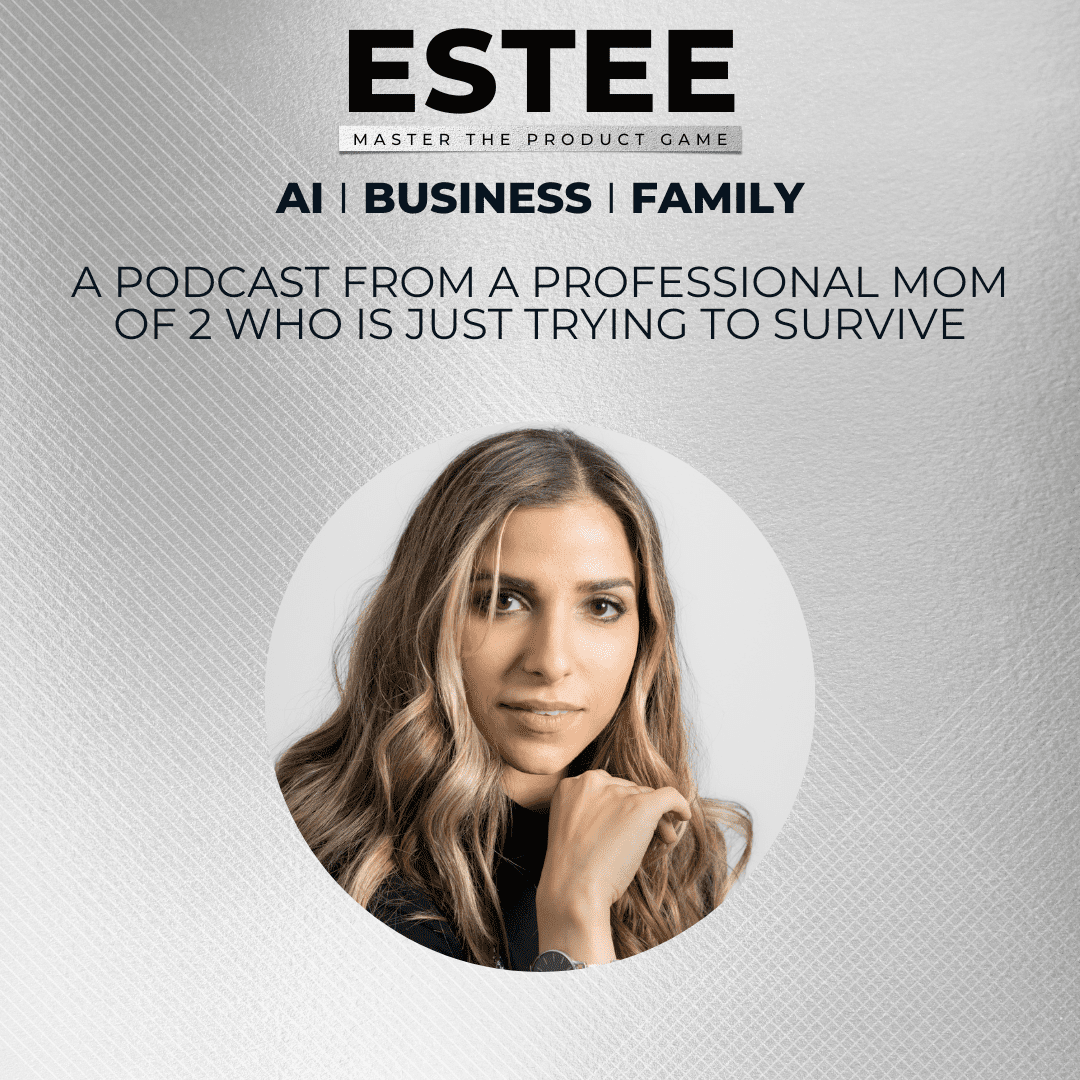How To Draft An Employment Contract
As a business owner, knowing that your employee relations are crucial to your business’ Growth is important. If you treat them badly, there is a great chance of sabotaging your company. Treating staff with respect and addressing their concerns creates an avenue for employee loyalty. It starts with outlining an effective Employment contract that spells out expectations, structure, and so on. According to the International Labor Organization (ILO), over 60% of employees worldwide hardly get contracts. Here are some considerations when drafting your business employment contract.
Be clear and specific
The reason Clarity and specificity is essential when drafting your contract is to avoid ambiguity. Several businesses realized only too late that such ambiguities could go against them when an employee sues the company. First, you need your workers to understand the terms and conditions of their employment. This way, both parties will have a detailed explanation of what’s expected and the repercussions of contradicting the conditions spelled out. An employment contract details the job duties and responsibilities of the new hire, but there is another important reason why you must make it clear and specific. It shows the seriousness your company attaches to employee treatment. Additionally, it is an indication of your professionalism as an establishment. It can be detrimental to the business when you draft a vague employment contract and assume that your employee will grasp the nuances.
Seek legal advice
An employment contract is legally binding; therefore, seeking legal advice is prudent. If you are operating from countries such as Malta, for example, you will find some firms that offer Malta PEO Services as well as a comprehensive employment information guide. That is even better when your operations are outside your home country, especially when you know little about the foreign country. It’s easy to miss a few critical areas and accidentally flout labor laws, resulting in hefty fines, employee disputes, and other unpleasant legal actions. Your best bet is to seek credible legal advice and follow the recommendations given. Remember that employment contracts sometimes differ depending on the role within the company.
For other contracts, using a service like HoneyBook might be a more affordable option for your company.
Make efficient use of confidentiality and non-compete clauses
Labor data indicates that 42% of employees change jobs every twelve months for various reasons. Low remuneration, unsatisfactory working conditions, and poor leadership often feature in the top five reasons. While these moves are common, one major concern during such moments is employee confidentiality, where the staff in question is expected to maintain confidentiality whether in employment with the company or not. That is why confidentiality and non-compete clauses are vital in an employment contract to prohibit your workers from disclosing critical business information to others. When an employee disregards this rule, it can harm your business operations.
Meanwhile, a non-compete clause protects your company by restricting employees from working with a direct competitor when they leave your employment. The restriction period may range from six months to a year. Due to the legally-binding nature of these clauses, you can be sure to prevent trade inconveniences for your business.
Hopefully, you can find solutions to avoidable business inconveniences that poorly drafted employment contracts often bring.
Originally Published on https://www.breakfastleadership.com/


























